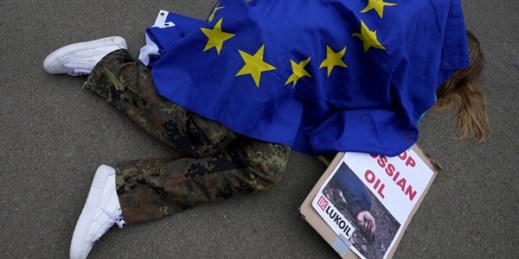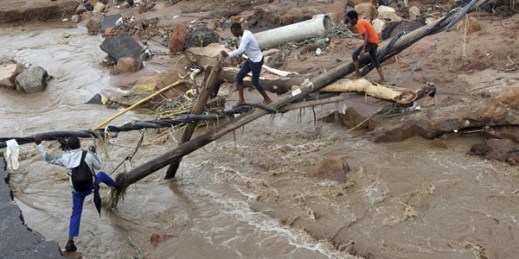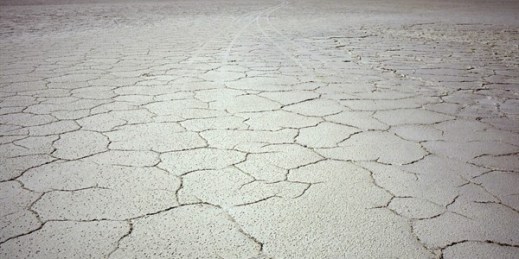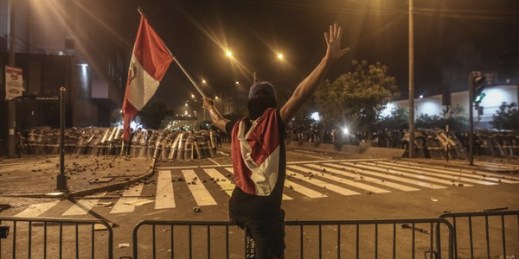
Editor’s note: This will be Candace Rondeaux’s final weekly column for World Politics Review. We’d like to take this opportunity to thank Candace for her sharp analysis, compelling prose and passionate commitment to putting people at the heart of international security commentary. It’s been a pleasure offering her work to WPR’s readers for the past three years. We wish her the best of luck in her multiple endeavors moving forward. Russia’s move this week to cut off natural gas deliveries to Poland and Bulgaria, combined with growing fears that Moldova could be drawn into President Vladimir Putin’s militaristic machinations, invites a thought experiment: What […]



